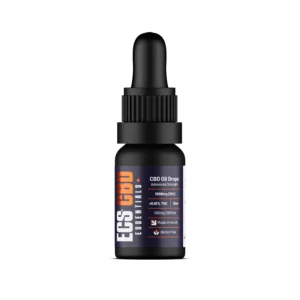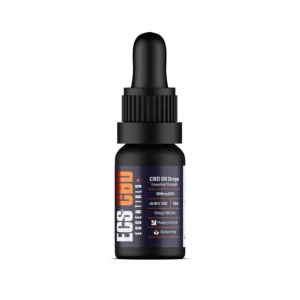CBD, or cannabidiol, is a compound found in the cannabis plant that has gained significant popularity in recent years for its potential health benefits. Unlike its counterpart THC, CBD is not psychoactive, meaning it does not produce a “high” sensation commonly associated with cannabis use. Instead, CBD is known for its therapeutic properties and has been used to treat a wide range of health conditions.
One of the most well-known effects of CBD is its ability to reduce anxiety and stress. Studies have shown that CBD can help to alleviate symptoms of anxiety disorders, such as social anxiety, PTSD, and OCD. By interacting with the body’s endocannabinoid system, CBD can help to regulate mood and reduce feelings of anxiety and stress.
In addition to its anxiolytic properties, CBD has also been shown to have anti-inflammatory effects. This makes it a popular choice for people suffering from chronic pain conditions, such as arthritis, fibromyalgia, and multiple sclerosis. By reducing inflammation in the body, CBD can help to alleviate pain and improve overall quality of life for those living with chronic pain.
CBD has also been studied for its potential neuroprotective properties. Some research suggests that CBD may help to protect against neurodegenerative diseases, such as Alzheimer’s and Parkinson’s. By reducing inflammation and oxidative stress in the brain, CBD may help to slow the progression of these diseases and improve cognitive function.
Another area where CBD shows promise is in the treatment of epilepsy and seizures. In fact, the FDA has approved a CBD-based medication, Epidiolex, for the treatment of certain types of epilepsy. Studies have shown that CBD can help to reduce the frequency and severity of seizures in people with epilepsy, making it a valuable treatment option for those who do not respond to traditional medications.
CBD has also been studied for its potential anti-cancer properties. Some research suggests that CBD may help to inhibit the growth of cancer cells and promote apoptosis, or programmed cell death, in cancer cells. While more research is needed in this area, the preliminary findings are promising and suggest that CBD may have a role to play in cancer treatment.
In addition to its physical health benefits, CBD has also been shown to have positive effects on mental health. Some studies have suggested that CBD may help to improve sleep quality, reduce symptoms of depression, and even alleviate symptoms of PTSD. By interacting with the endocannabinoid system, CBD can help to regulate mood and improve overall mental well-being.
Overall, CBD is a versatile compound that offers a wide range of potential health benefits. From reducing anxiety and stress to alleviating pain and inflammation, CBD has been shown to have a positive impact on both physical and mental health. As more research is conducted on the therapeutic properties of CBD, we can expect to see even more potential uses for this powerful compound in the future.











